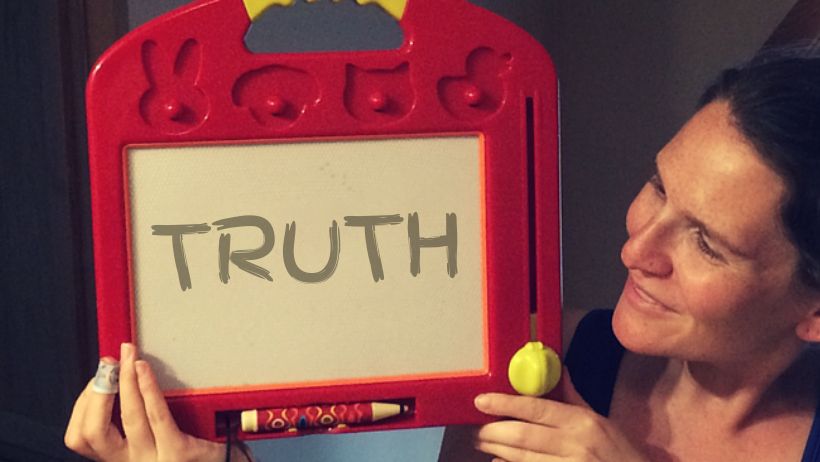Last year we reached perhaps one of my least favorite parenting milestones. It’s the one where your child moves beyond the “I tricked you” phase, full of silliness and laughter, and into the more deceptive phase, where it’s much harder to tell if they’re telling the truth. And as a bonus challenge for us, one of our children has a much better poker face than the other one.

These little deceits aren’t dangerous, and we sort of knew to expect this next phase, but it’s still troubling in its own way, and it led me to wonder why deception is so common into adulthood. From embellishing a resume to fake social media profiles, deception is everywhere in one form or another. Why do we misrepresent ourselves? Why do we purposefully mislead?
Falsities go back well before the age of modern convenience. In particular, there are at least three acts of deception in this week’s Torah portion alone. Parshat Vayeshev is in the thick of the Joseph story, and Joseph has two dreams that he shares with his brothers, both of which make them angry. The brothers decide to sell Joseph into slavery, and their father Jacob mourns the loss of his favorite son. After this, the story takes a turn to focus on Joseph’s brother Judah and the betrayal of Tamar before turning back to Joseph’s life in Egypt, which ultimately lands him in jail.
In fact, there’s quite a bit of lying in the Torah. It’s fascinating that for a tradition that holds honesty in such high regard (the prohibition against false witness is in the Ten Commandments) we can point to so many examples of deceit. Even God lied to Abraham in reporting how Sarah reacted when the angels told her she was going to have a baby in her old age.
The difference is the purpose of the lie. What makes the various instances of deception we see in this week’s portion wrong is their intent to cause harm, rather than their intent to create peace. Our rabbinic sages came up with a principle for white lies told for the sake of peace: mutar le-shanot mipnei ha-shalom. Telling untruths (or literally “changing the facts”) is permitted for the sake of peace. We will even see the difference clearly in another lie Joseph’s brothers tell later in Genesis after Jacob’s death, but it’s a lie in an effort to maintain shalom bayit.
What, then, is at the heart of a deception that is meant to cause harm or help one party get ahead? I suggest it’s an act of desperation, however small, that somehow appeases a sense of belonging that has been lost or unfulfilled. When we feel we’ve been wronged or excluded or treated unfairly, it’s easy to grasp at anything, including a lie. If this is truly the case, then the way to prevent deception is not through preaching honesty, but by preaching justice.



